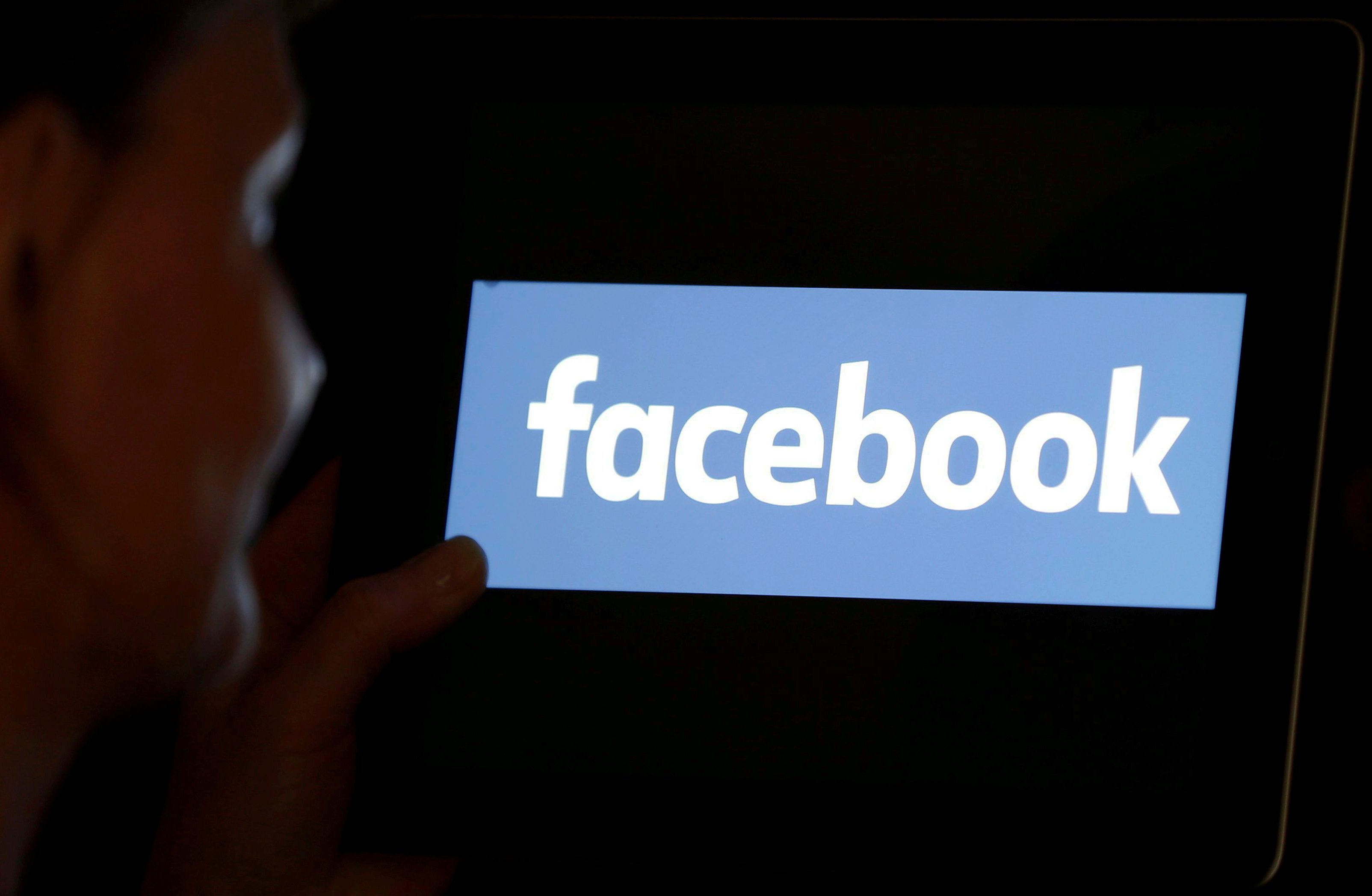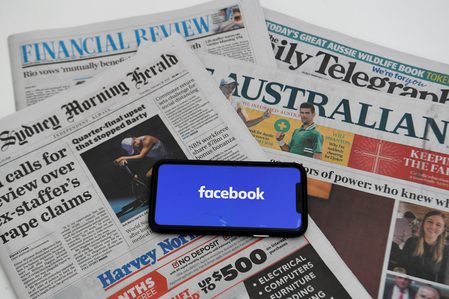SUMMARY
This is AI generated summarization, which may have errors. For context, always refer to the full article.

Facebook laid out on a platter the final evidence we needed to see how much of a dictator the platform has become. Cross us, and we’ll ban you – even if we are right in the middle of an disinformation crisis that has, in spite of efforts worldwide, shown no signs of slowing down.
This is the message that the company sent as it silenced Australian media over a law attempting to correct an imbalance that has news outfits gasping for air.
Even an Australian Member of Parliament can’t help but compare the company to a North Korean dictator.
Facebook knows all too well the weight it carries, and that’s all too evident in a blog post that’s disingenuous, to say the least.
“The proposed law fundamentally misunderstands the relationship between our platform and publishers who use it to share news content. It has left us facing a stark choice: attempt to comply with a law that ignores the realities of this relationship, or stop allowing news content on our services in Australia,” it said.
Facebook itself though ignores one reality: for every AUS$100 spent on online advertising in Australia, about a third goes to Google and Facebook. They are, in fact, too successful in corralling people’s attention – through data collection, human behavior prediction and manipulation, and all the other good things a successful surveillance capitalist knows how to do – and that has led to this imbalance which has a sea of publishers fighting for less than what it would take to run a successful journalism outfit.
News – the true and trustworthy kind – can sometimes be unsexy especially if one pits it against a machine that knows exactly what kind of content to get a person’s happy brain chemicals pumping, served at exactly the right time. This economic imbalance has led to another kind of imbalance: fake news taking over facts on what is the world’s biggest content distribution platform.
It is within this context that Facebook really said that it is “with a heavy heart” that they will be stopping news content on the platform in Australia. A law threatens Facebook’s multibillion dollar bottom line – one that could help a struggling news industry, and set a positive precedent for the rest of the world. Instead, Facebook flashes its true colors once again: the unstoppable capitalist titan.
On their next point in the blog, Facebook says that publishers willingly choose to post news on Facebook:
This discussion has focused on US technology companies and how they benefit from news content on their services. We understand many will ask why the platforms may respond differently. The answer is because our platforms have fundamentally different relationships with news. Google Search is inextricably intertwined with news and publishers do not voluntarily provide their content. On the other hand, publishers willingly choose to post news on Facebook, as it allows them to sell more subscriptions, grow their audiences and increase advertising revenue.
It’s not so much as publishers “willingly” choosing to post news on Facebook. There is simply, as far as the now is concerned, no choice. The readers are on the platform, with user numbers dwarfing all the other platforms out there save for Google Search.
Facebook knows they have the industry cornered so what’s stopping them from letting their weight be felt? Facebook’s move only highlights the fact that online content distribution is still very much a duopoly between itself and Alphabet’s Google.
Facebook also says that the business benefits they get from news is invariably small, while at the same time, stating how important journalism is:
“For Facebook, the business gain from news is minimal. News makes up less than 4% of the content people see in their News Feed. Journalism is important to a democratic society, which is why we build dedicated, free tools to support news organizations around the world in innovating their content for online audiences.”
Facebook fails to see the big picture, beyond the money. They helped create this polluted information ecosystem. They’ll show they’re willing to fix it but only if we play by their rules, and only up to a certain point.
Otherwise, it’s the highway for you.
Even as regards the Trump ban, Facebook only pulled the trigger when it was safe – when it was clear that had truly lost a chunk of his social capital after the insurrection.
You can read the rest of the blog post here. – Rappler.com
Add a comment
How does this make you feel?

There are no comments yet. Add your comment to start the conversation.